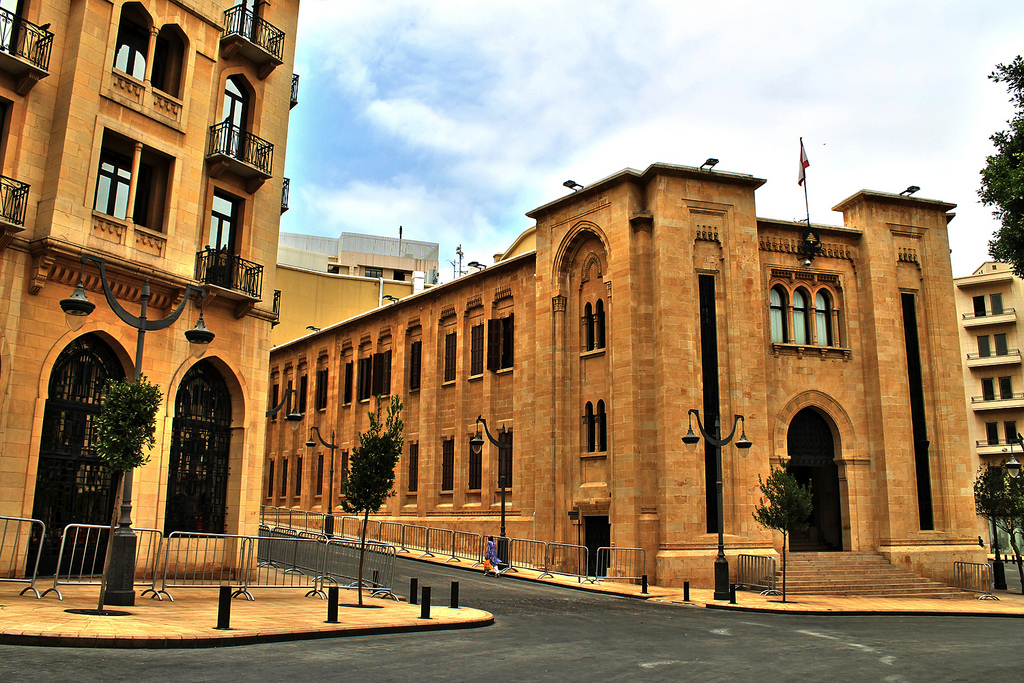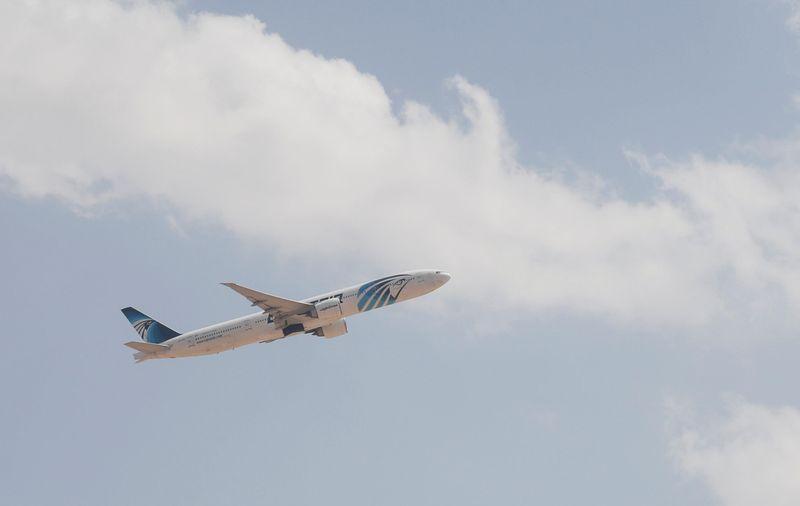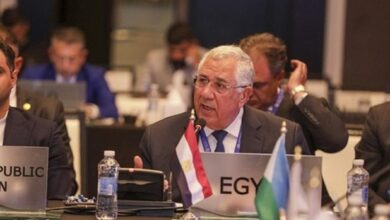
LONDON (Reuters) – Lebanon will definitely form a new government despite the obstacles, its caretaker foreign minister said on Wednesday, after President Michel Aoun intervened in the stalled process and warned of a “catastrophe” if his efforts failed.
Heavily indebted and with a stagnant economy, Lebanon desperately needs a new government to implement economic reforms that are required to put its public finances on a more sustainable footing and unlock pledges of foreign aid.
“Partnership between the president and the prime minister along with the national consensus will certainly lead to the formation of a new government, despite all obstacles,” Gebran Bassil, Aoun’s son-in-law and head of the political party he founded, told an investment conference in London.
Prime Minister-designate Saad al-Hariri, also attending the conference, told reporters, said he was “always optimistic” when asked about the prospects of forming a new government following seven months of political wrangling.
In Beirut, Parliament Speaker Nabih Berri said he was “optimistic for the possibility of a solution soon”, according to a member of parliament from his own party.
Berri believed there was now a serious effort to form a government and his optimism stemmed from Aoun’s intervention in the process, the lawmeker, Ali Bazzi, said.
Aoun said on Tuesday the government formation could not be resolved in the traditional way between the prime minister-designate and other parties, meaning he had to get involved.
Hariri said on Twitter that the new government would be firmly committed to reforms agreed at a donor conference this year, including fiscal reforms.
Agreement on the make-up of the new cabinet has met a series of obstacles as Hariri has sought to forge a deal parceling out 30 cabinet posts among rival groups according to a sectarian political system.
The final hurdle has been over Sunni Muslim representation, with the powerful Iran-backed Shi’ite Muslim group Hezbollah demanding a cabinet seat for one of its Sunni allies who gained ground in the election.
Analysts believe one compromise could be for Aoun to nominate one of the Hezbollah-aligned Sunnis, or a figure acceptable to them, among a group of ministers named by the president.
Reporting By Karin Strohecker in London and Dahlia Nehme in Beirut; Writing by Angus McDowall in Beirut; Editing by Mark Heinrich and Andrew Heavens.




